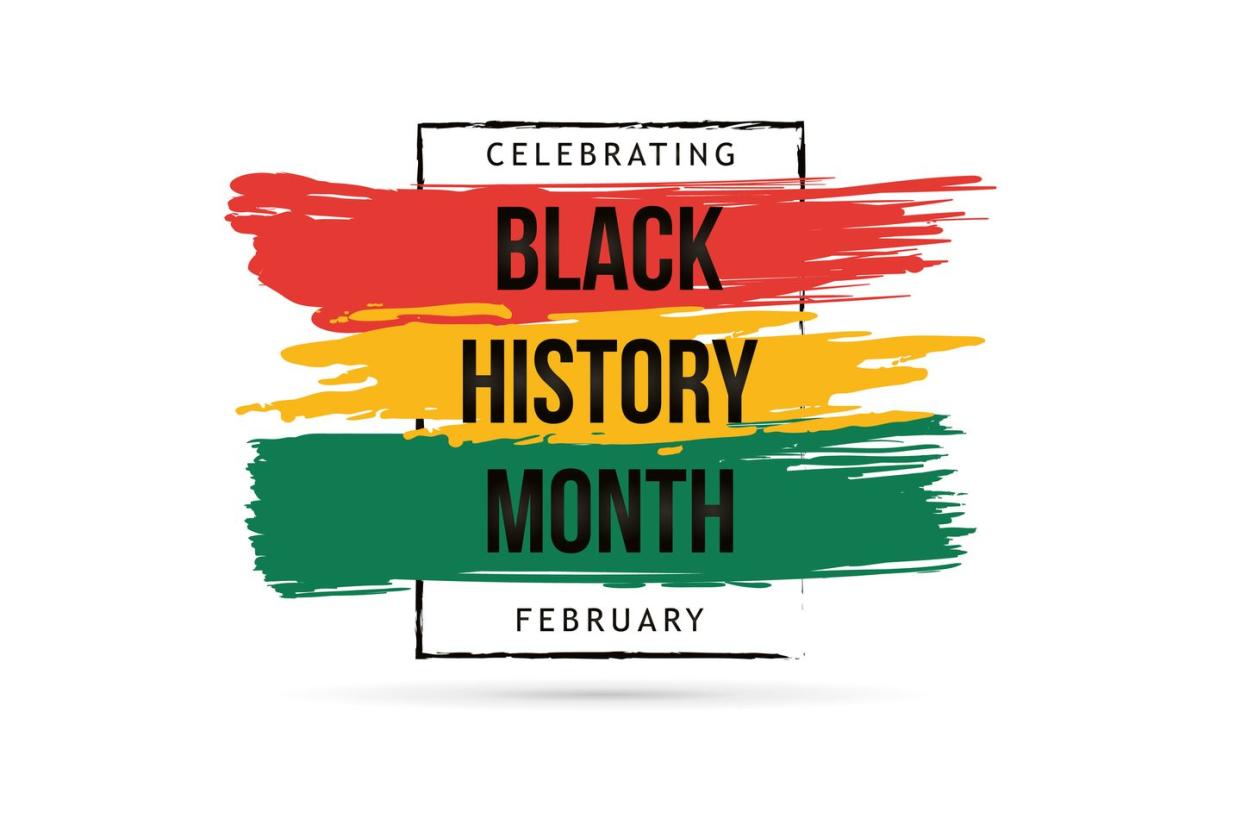Why We Celebrate Black History Month in February
February is Black History Month, a four-week-long celebration during which we shine a light on—and seek to learn more about—the people, events, experiences, and contributions of Black America throughout the past 400-plus years. But how did Black History Month come to be in America, and why is it in February?
Read on for answers and, afterward, consider brushing up on these Black history facts about trailblazers in every aspect of American life, reading inspiring quotes by historic Black figures, supporting Black-owned businesses, or adding one of these movies to your queue. If you find your curiosity piqued, keep going. After all, the best way to celebrate Black history is to do so throughout the year.
It all started with "The Father of Black History"
While Black history was largely ignored by historians and the general public for many years, that changed with Carter G. Woodson in the early 20th century. “The Father of Black History,” as he known, was one of the predominant scholars who encouraged Black Americans to write themselves back into history books.
The son of former slaves—and the second African American to earn a doctorate from Harvard—Woodson noticed in his studies that textbooks often misrepresented or entirely left out Black Americans’ contributions. It prompted him to create what is now known as the Association for the Study of African American Life and History (ASALH) in 1915. The organization researched and promoted achievements by Black Americans, including looking at the African diaspora related to Black history in America.
Through ASALH, Woodson created educational materials like journals, textbooks, speeches, pamphlets, and more for every grade level from college to kindergarten. Ten years later in 1926, these resources helped Woodson start “Negro History Week.” According to Stanford historian Michael Hines, “Negro History Week was a direct challenge to traditional curricula of the time period, which often degraded and dehumanized Black people.”
Woodson hosted the first celebrations of Black history during the second week of February. He chose that week to coincide with the birthdays of two men significant in helping end slavery in the U.S.—President Abraham Lincoln and Frederick Douglass.
Eventually, one week stretched to the whole month of February

Celebrations grew and outstripped the bounds of a single week. Black teachers, mainly women, were instrumental in shaping the celebration through their work in the classroom. Communities like churches, sororities, fraternities, and civic organizations advanced the movement by holding local celebrations, establishing history clubs, and hosting lectures.
The growing pride and connection to cultural identity the Black community experienced during the 1960s Civil Rights Movement pushed the need for more opportunities to champion Black history nationwide. Students and educators at Kent State University were the first groups to expand the celebration through the month in 1970.
In 1976, President Gerald Ford declared February as Black History Month—two hundred years after the country was born and 26 years after Woodson’s death. At the United States Bicentennial, President Ford called on the country to “seize the opportunity to honor the too-often neglected accomplishments of Black Americans in every area of endeavor throughout our history.”
Congress officially recognized Black History Month in 1986, and every president since Ronald Reagan has issued a Black History Month proclamation.
Here's what President Barack Obama had to say about it in 2016:
“But Black History Month shouldn’t be treated as though it is somehow separate from our collective American history or somehow just boiled down to a compilation of greatest hits from the March on Washington, or from some of our sports heroes. It’s about the lived, shared experience of all African Americans, high and low, famous and obscure, and how those experiences have shaped and challenged and ultimately strengthened America. It’s about taking an unvarnished look at the past so we can create a better future. It’s a reminder of where we as a country have been so that we know where we need to go.”
Learn more about Black History Month 2023 at asalh.org, including this year's theme and the full lineup of February events.
You Might Also Like
